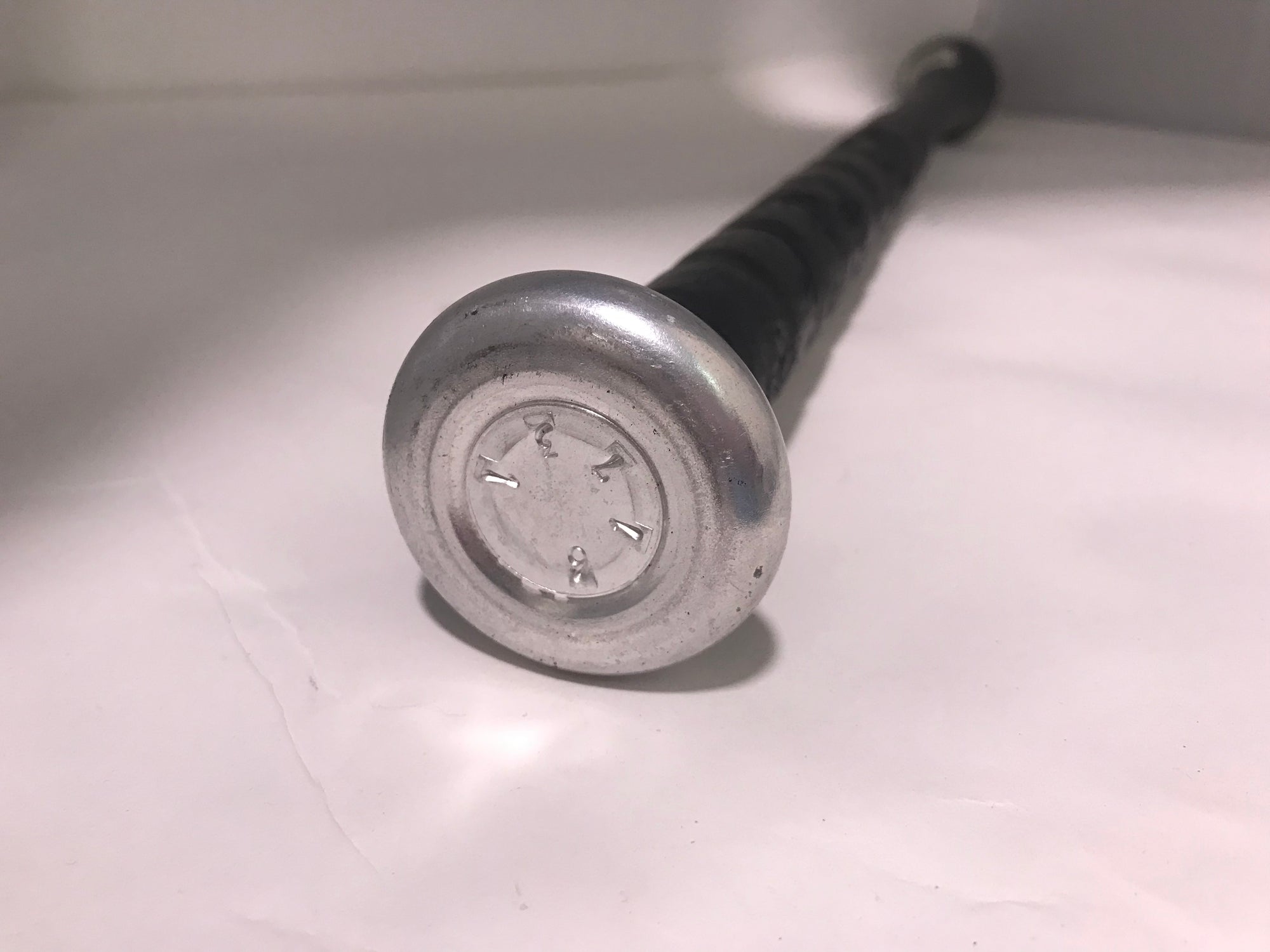Creatine For Beginners: A Guide To Getting Started

Table of Contents
What is Creatine and How Does it Work?
Creatine is a naturally occurring organic compound primarily found in muscle tissue. It plays a crucial role in energy production, specifically during high-intensity, short-duration activities like weightlifting or sprinting. Your body naturally produces creatine, but supplementation can significantly increase its levels, leading to enhanced athletic performance.
While several types of creatine exist (creatine ethyl ester, creatine hydrochloride, etc.), creatine monohydrate remains the most extensively researched and recommended form for beginners due to its proven efficacy and safety. Choosing creatine monohydrate ensures you're using the most well-understood and effective variant.
- Creatine's role in ATP resynthesis: Creatine helps replenish adenosine triphosphate (ATP), the primary energy source for muscle contractions. By increasing ATP availability, creatine allows you to perform more repetitions and sets with heavier weights.
- Improved strength and power output: Studies consistently show that creatine supplementation leads to significant improvements in strength and power output, making it beneficial for various athletic endeavors.
- Increased muscle mass and size (muscle hypertrophy): Creatine's ability to enhance muscle cell hydration and protein synthesis contributes to muscle growth. This leads to an increase in both muscle size and strength.
- Enhanced athletic performance: The combined effects of increased ATP, strength, and muscle mass translate to significant improvements in overall athletic performance across a range of disciplines.
The science behind creatine's effectiveness lies in its role in the phosphocreatine system. Phosphocreatine acts as a reservoir of readily available energy, providing phosphate groups to ADP (adenosine diphosphate) to rapidly regenerate ATP during anaerobic exercise. This rapid ATP regeneration is what fuels short bursts of intense activity.
Getting Started with Creatine: Dosage and Timing
For beginners, the recommended creatine dosage is typically 3-5 grams per day. This can be taken in a single dose or divided into smaller doses throughout the day. Many users find it convenient to take their daily dose after their workout.
Some individuals opt for a loading phase, which involves consuming a higher dosage (20 grams per day) for the first week to rapidly saturate muscle creatine stores. After the loading phase, they transition to a maintenance phase of 3-5 grams daily. While a loading phase might lead to faster results, it's not strictly necessary and the maintenance phase is perfectly effective for long-term usage.
- Recommended daily dosage: 3-5 grams.
- Loading phase vs. maintenance phase: Loading is optional; maintenance is sufficient for long-term benefits.
- Best time to take creatine: Anytime is fine, but many prefer post-workout due to increased muscle cell permeability.
- Importance of consistency: Regular intake is key to maintaining elevated creatine levels and reaping the benefits.
Creatine and Hydration: Staying Hydrated for Optimal Results
Creatine supplementation increases water retention in muscle cells, a key factor in its ability to enhance muscle growth and performance. However, this also highlights the importance of staying adequately hydrated. Dehydration can counteract creatine's benefits and may even lead to side effects like muscle cramps.
- Creatine's effect on water retention: Creatine pulls water into the muscle cells, leading to increased cell volume.
- Importance of drinking plenty of water: Adequate hydration is crucial to support this process and prevent dehydration-related issues.
- Potential side effects of dehydration: Muscle cramps, fatigue, and reduced performance.
- Strategies for optimal hydration: Increase daily water intake, consider electrolyte drinks, particularly during intense training sessions, and listen to your body's thirst cues.
Potential Side Effects and Who Should Avoid Creatine
Creatine is generally considered safe for healthy individuals, but some potential side effects exist. These are usually mild and temporary, including:
- Weight gain: Primarily due to water retention in muscles.
- Stomach upset: This can occur if taken on an empty stomach.
- Muscle cramps: Often associated with inadequate hydration.
However, certain individuals should avoid creatine supplementation:
- People with kidney problems.
- Pregnant or breastfeeding women.
It's crucial to consult your doctor or a registered dietitian before starting any new supplement regimen, including creatine.
Choosing the Right Creatine Supplement
When selecting a creatine supplement, prioritize quality and purity. Look for:
- Third-party testing certifications: Look for certifications like Informed Sport, which guarantees the product's purity and absence of banned substances.
- Reputable brands: Choose established brands with a history of quality and transparency.
- Reading labels carefully and understanding ingredients: Ensure the supplement is primarily creatine monohydrate and avoid those with unnecessary fillers or additives.
Conclusion:
Creatine supplementation can be a highly effective way for beginners to enhance their athletic performance, muscle growth, and strength. By following the guidelines on dosage, timing, and hydration, and by choosing a high-quality supplement, you can safely and effectively utilize creatine to reach your fitness goals. Remember, consistent effort combined with a well-rounded training program and proper nutrition will yield the best results. Start your creatine journey today, but always consult a healthcare professional before starting any new supplement. Learn more about creatine for beginners and unlock your full potential!

Featured Posts
-
 Pboc Daily Yuan Support Below Estimates A First In 2024
May 16, 2025
Pboc Daily Yuan Support Below Estimates A First In 2024
May 16, 2025 -
 Top Dodgers Minor League Players A Focus On Phillips Linan And Quintero
May 16, 2025
Top Dodgers Minor League Players A Focus On Phillips Linan And Quintero
May 16, 2025 -
 Athletic Club De Bilbao Latest News And Match Results On Vavel United States
May 16, 2025
Athletic Club De Bilbao Latest News And Match Results On Vavel United States
May 16, 2025 -
 0 2 Olimpia Gana A Penarol Resumen Y Goles
May 16, 2025
0 2 Olimpia Gana A Penarol Resumen Y Goles
May 16, 2025 -
 Penarol Vs Olimpia Goles Resumen Y Resultado Final 0 2
May 16, 2025
Penarol Vs Olimpia Goles Resumen Y Resultado Final 0 2
May 16, 2025
Latest Posts
-
 Mlb All Star Explains Why He Detested The Torpedo Bat
May 16, 2025
Mlb All Star Explains Why He Detested The Torpedo Bat
May 16, 2025 -
 Dodgers Muncy Finally Connects 2025s First Home Run
May 16, 2025
Dodgers Muncy Finally Connects 2025s First Home Run
May 16, 2025 -
 If Max Muncy Met Himself A Speculative Dialogue
May 16, 2025
If Max Muncy Met Himself A Speculative Dialogue
May 16, 2025 -
 Mlb All Star Reveals Torpedo Bat Dislike His Honest Explanation
May 16, 2025
Mlb All Star Reveals Torpedo Bat Dislike His Honest Explanation
May 16, 2025 -
 Muncy Breaks Drought First Home Run Of 2025
May 16, 2025
Muncy Breaks Drought First Home Run Of 2025
May 16, 2025
